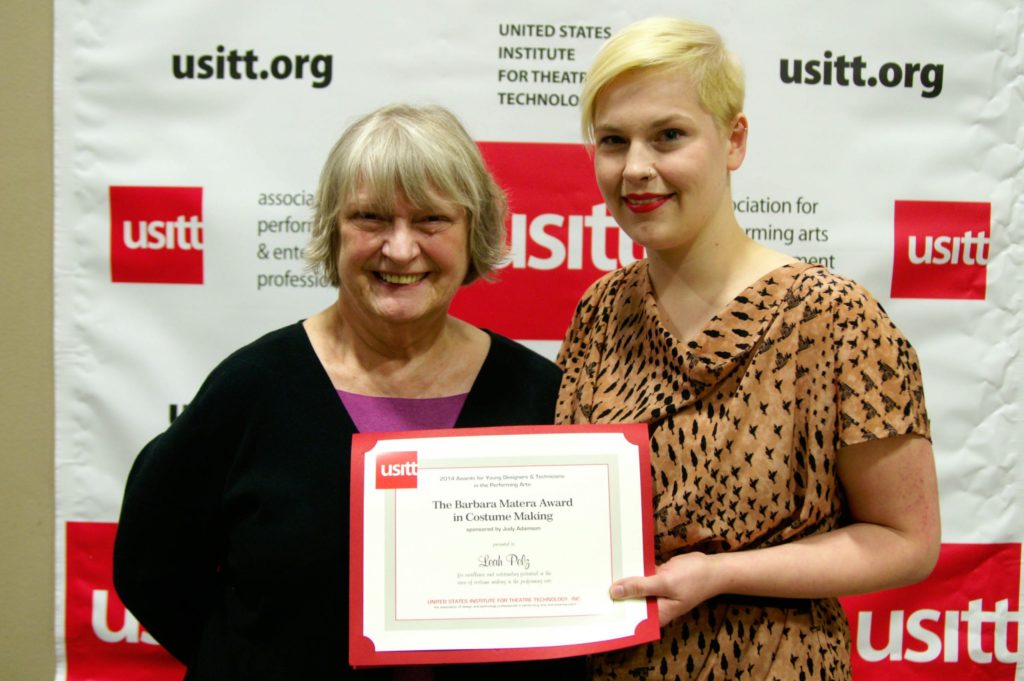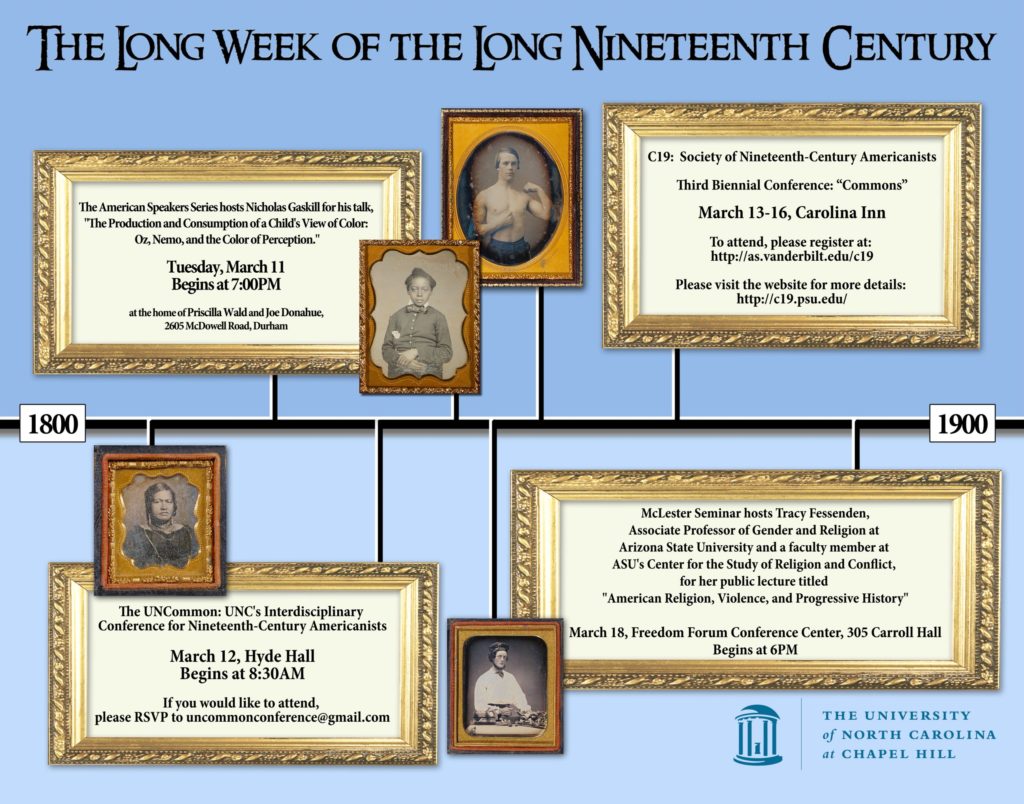The University of North Carolina at Chapel Hill ranks fifth among the nation’s best public universities for the 11th consecutive year, according to U.S. News & World Report magazine.
The rankings appear in the 2012 “America’s Best Colleges” guidebook and at www.usnews.com starting on Sept. 13.
UC-Berkeley ranked first among national public universities, followed by UCLA and Virginia (tied for second), Michigan (fourth) and UNC (fifth). Those results were identical to last year’s. Among top public and private universities, Carolina tied for 29th overall with Tufts. UNC was 30th last year. Other publics ranked overall between 21s (Berkeley, up one slot) and 28th (Michigan, up one slot). Overall scores of all five top public campuses inched up slightly from last year. UNC and Michigan both saw a four-point swing (from 70 to 74 and 71 to 75, respectively). Berkeley, UCLA and Virginia went up by three points; Berkeley topped the public list at 79.
U.S. News rankings, long dominated by private campuses, reflect a formula using opinion survey responses about academic reputation and quality from peer campus presidents, provosts or admissions directors. That counts for 22.5 percent of the ranking for national universities. Objective data cover up to 16 indicators of academic quality including graduation and retention rates, faculty resources, student selectivity, financial resources, graduation rate performance, and alumni giving. Other U.S. News rankings assess affordability, undergraduate business programs, views of high school guidance counselors and innovative programs.
UNC results included the following:
- 1st among public universities for the 7th consecutive year and 12th overall in “Great Schools, Great Prices,” based on academic quality and net cost of attendance for a student receiving the average level of need-based financial aid in 2010-2011. Forty-two percent of UNC students received need-based aid in 2010, according to U.S. News. UNC continues to meet 100 percent of the documented need of those students qualifying for need-based aid who apply on time.
- A 97 percent average first-year retention rate – the same as last year.
- A 90 percent average six-year graduation rate – 5 percentage points better than U.S. News predicted. (UNC’s four-year rate is about 80 percent.)
- Thirteen percent of course sections enrolled 50 or more students, up from 12 percent the previous year. That remains the lowest rate among the other top publics for the fourth year in a row. Thirty-seven percent of UNC’s course sections enrolled fewer than 20 students, down from 39 percent. Berkeley was the leader among publics at 62 percent.
- Tied for 22nd (with three other schools) on an academic reputation rating by high school guidance counselors with a score of 4.4 on a 5.0 scale. Tied for second, with Virginia, among public universities.
- Dropped 12 spots in faculty resources, ranking 59th overall in a tie with Michigan at fourth among the publics. UNC was 47th last year, 35th two years ago and 50th three years ago. This category, worth 20 percent of the overall ranking, measures undergraduate class size; two academic years (2009-10 and 2010-11) of average total faculty compensation (salary and benefits) based on indexes weighted for regional differences; student-faculty ratio; and percentage of faculty who are full time and earned their field’s highest degree.
- Tied for 6th among the best undergraduate business programs. Kenan-Flagler Business School tied with Texas at Austin and New York University.
Listed among outstanding undergraduate programs with “A Focus on Student Success.” Carolina was cited for exemplary first-year experience (seminars and other programs bringing small groups of students together with faculty and staff), undergraduate research/creative projects and service learning.


